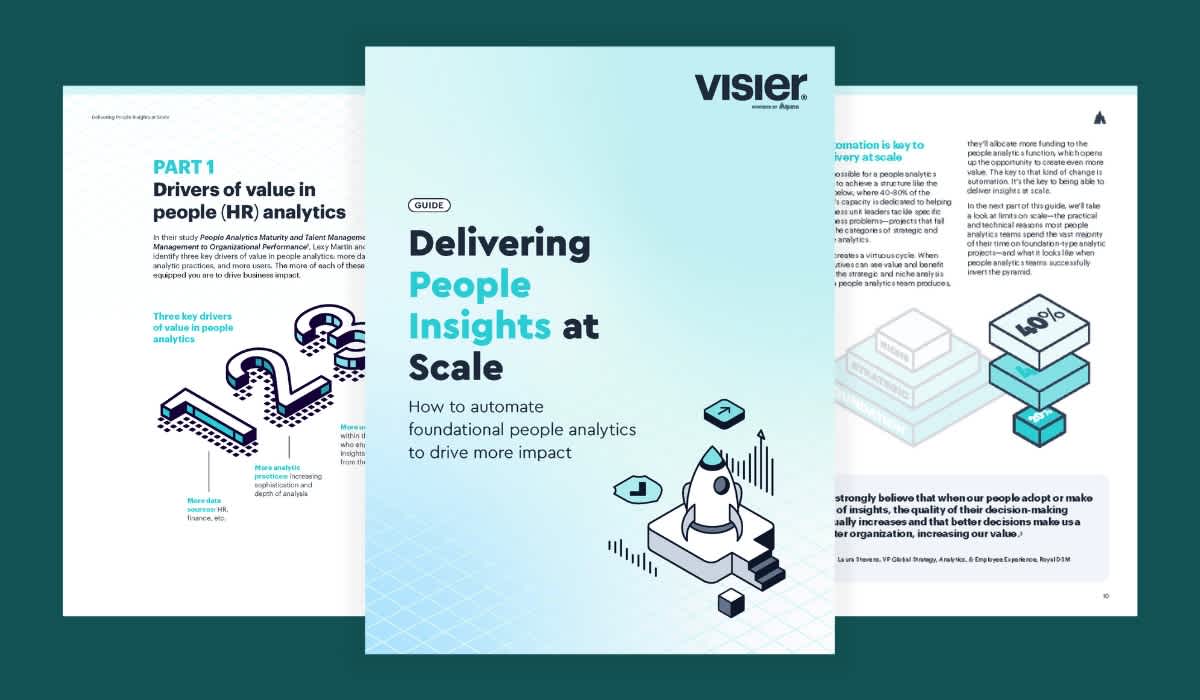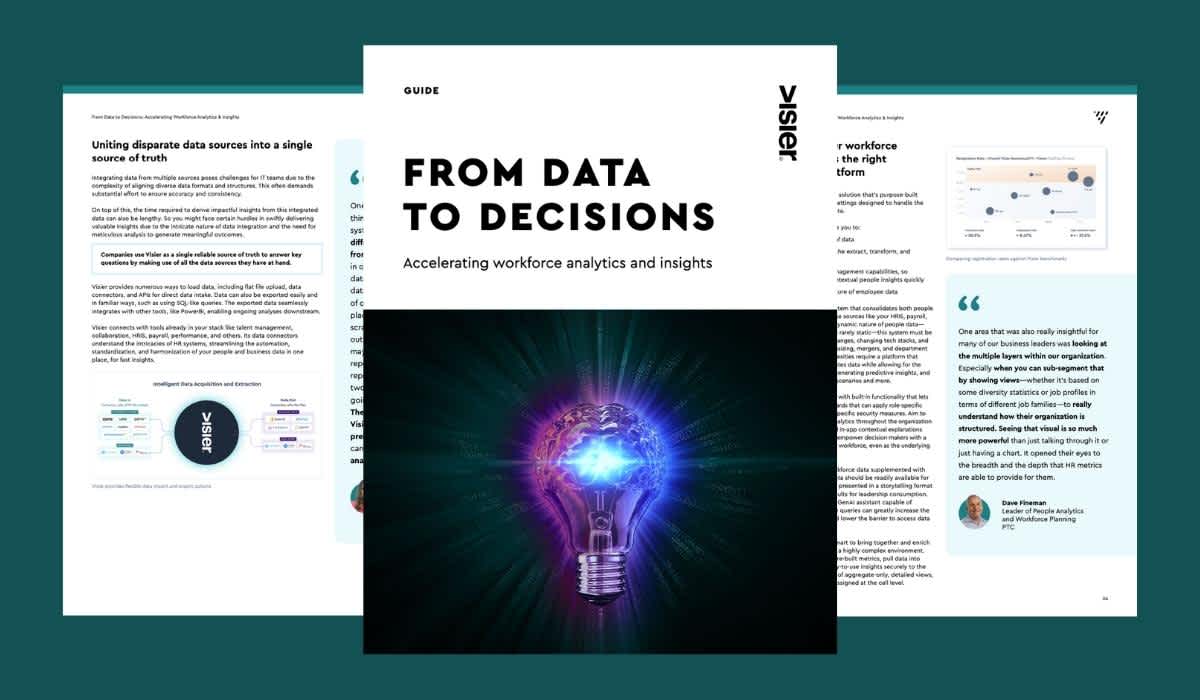How Pandora Is Turning People Data Quality, Privacy, and Security Into an HR Advantage
Learn how Pandora optimizes people data while balancing democratization with strong privacy and security measures to drive strategic insights and enhance operational efficiency.

People data is highly sensitive and consists of personal information that needs to be handled with the utmost care. It requires strict adherence to data privacy laws and regulations and a commitment to maintaining its quality and security.
But how effective are these efforts in driving strategic wins for the future success of the business?
Speaking to Bekir Sahin, global master data manager of HR and people data at Pandora, the global jewelry manufacturer and retailer, we gained insight into how focusing on the quality, privacy, and security of people data drives long-term value for the organization beyond regulatory compliance.

Data quality as a foundation for better decisions
Data quality forms the basis of any successful initiative involving data. If you have inaccurate or incomplete data, the insights and decisions derived from it will also be flawed. Bekir shared, "We see data quality as one of the foundational elements. If we really want to make data available and convince people to trust this data, then the data needs to be of good quality."
For Pandora, this means augmenting people data into one platform, ensuring standardization while still complying with local requirements, and implementing data governance processes that ensure ongoing data quality maintenance.
To support its global data quality framework, Pandora decided to partner with Visier and implement its people analytics platform to centralize data and ensure consistency while remaining flexible enough to adapt to local regulatory requirements.
Their investments have also allowed for quicker decision-making, as data is readily available and accessible in real time. Bekir told us, "The faster we can access high-quality data, the faster we can make informed decisions."
"We can look at the data and see patterns. Why are people leaving? What types of employees are leaving? What are the reasons? Once you have that information, you can take action to reduce attrition, which ultimately saves the company money."
Bekir Sahin, Global Master Data Manager of HR and People Data at Pandora
Having high-quality data and insights available at stakeholder disposal has been seen to be a game changer for meeting KPIs on diversity, equity, and inclusion and allows Pandora to address issues proactively rather than wait for the generation of static reports. And while it has helped HR and people management take a more strategic approach to their practices, the shift has allowed Pandora's people data team to focus on deeper business-critical projects as well.
"The team that used to provide basic reports is now focusing on more complex issues, which is a more effective use of their time," Bekir shared. These efficiency gains are saving the organization time and money through cost savings and improved productivity.
Data quality is a long-term investment
Beyond immediate decision-making benefits, Pandora's commitment to data quality is also preparing the company for future growth and integration. As Bekir pointed out during our discussion, maintaining high data quality means being ready for seamless integration with other systems, such as retail operations systems and even AI.
"If you have good data quality in place, you are ready for future integrations without having to spend time correcting the data. The better the data quality, the more prepared we are for future expansions," he said.
This may not seem like it represents immediate ROI, but when you consider the potential costs and time involved in correcting data for future integrations, investing in data quality now can save valuable resources down the line, translating into more efficient operations and smoother transitions as the company grows.

Balancing democratization with strong privacy and security measures
Pandora views its investment in data privacy and security as a way to protect the company's most valuable asset—its people. Beyond the financial implications of legal fines, the loss of employee trust through potential data breaches is ever-important. Employees want to feel confident that their personal information is secure.
When democratizing data, strong security measures are critical to prevent unauthorized user access. However, as Bekir Sahin explains, it's also essential to ensure the adoption of people analytics to allow for the success of democratizing insights.
"Visier provides a safe space to navigate within people data, still monitor the progress, make decisions based on data, and still comply with privacy and security measures," he shared.
"This has also been one of the main communication points when we were reaching out to our colleagues with Visier saying that, look, this is where you can actually see the data, and you don't have to be afraid. You can't break anything. You can't change the data. You will not be exposed to personal data all of a sudden," he continued.
Investing in people data is worth it
Ultimately, investing in data quality, privacy, and security may not have an immediate tangible ROI. However, the long-term benefits and protection of sensitive people data are essential for any organization.
By building a foundation of high-quality data, implementing strong privacy and security measures, and leveraging this data to inform decisions and drive efficiencies, Pandora demonstrates that these investments can lead to tangible benefits in the form of cost savings, improved productivity and efficiency, and future readiness.
The key takeaway: When it comes to people data management, it pays to invest early and often. To get this off the ground, there needs to be a cultural shift in how companies view and value people data.
As Bekir stated, "The more tangible you become, the more the business will understand the value of it."
Build relationships with different stakeholders, hold them accountable, and showcase the outcomes. Then, your most important stakeholders will start to see the value of investing in people data and recognize it as a strategic asset for their business success.
While the return on investment may not always be immediate, investing in people data is undoubtedly a long-term investment that pays off in more ways than one.



